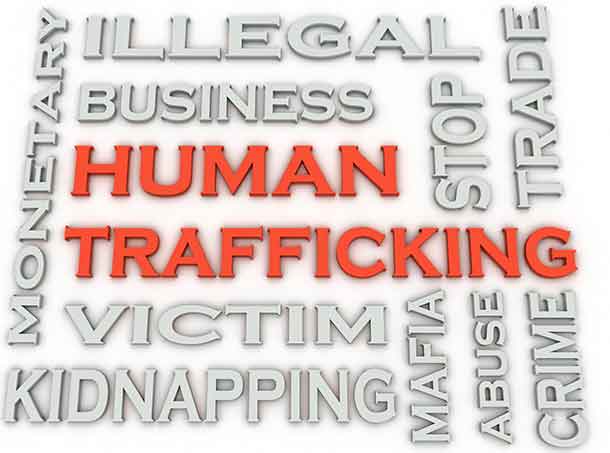Liliana del Carmen Campos Puello is charged with exploiting women she allegedly used as “sex slaves” as part of a lucrative business that involved local and foreign clients
By Anastasia Moloney
BOGOTA – (Thomson Reuters Foundation) – The trial of a woman accused of being the “biggest pimp” in Cartagena will send a message that the scenic Colombian city is not a sex tourism destination, the lead prosecutor said.
Liliana del Carmen Campos Puello, better known as “La Madame” is behind bars in a Cartagena prison awaiting trial, charged with running an international sex trafficking ring.
She denies the accusations.
Puello was arrested, along with 14 other Colombians and three Israelis, during a sting operation in July in which about 250 victims were identified, including children.
U.S. authorities, who helped with the rescue, have said it was the largest anti-human trafficking operation in Colombian history.
Lead prosecutor Mario Gomez told the Thomson Reuters Foundation that he is confident of a conviction, and hopes Puello will receive a tough sentence of at least 23 years.
“She had all kinds of clients – businessmen, politicians,” Gomez said in his first interview about the case with international media.
He said the high-profile case will show that sex tourism that “profits from women’s bodies” is neither acceptable nor tolerated in the country.
No date has been set for the trial, which will include evidence such as footage taken from hidden cameras and cell phones, said Gomez, who is a state prosecutor for violence against children.
Puello, 44, is charged with exploiting women she allegedly used as “sex slaves” as part of a sophisticated and lucrative business that involved local and foreign clients, Gomez said.
Women were sexually exploited during beach parties, on luxury yachts, and in rented houses in Cartagena, which have since been seized by the authorities, prosecutors have said.
Women were also trafficked to Caribbean islands, including the Bahamas, Gomez said.
The flamboyant Puello has told local media that the case against her is a “circus”, that the women worked voluntarily as paid “escorts”, and that no children were involved.
‘GREY LINE’
On any given night within Cartagena’s colonial ramparts overlooking the Carribean sea, dozens of women, some barely looking 18, can be seen standing in plazas wearing skimpy dresses and high heels.
While prostitution may be out in the open and seen as normal in Cartagena and other Colombian cities, many people are unaware that sex workers are often coerced and trafficked into the trade, according to Gomez.
“It’s a clandestine phenomenon of great importance that has remained naturalized within the culture,” he said.
Carlos Perez, of the U.N. Office on Drugs and Crime in Colombia, noted that prostitution is legal in the country and widely socially accepted.
But there is a “grey line” between prostitution and sex trafficking, he said.
“Many times there is debt bondage, threats. Exploitation takes place among invisible threads,” said Perez, adding that the scale of the crime is likely far larger than indicated by the number of cases authorities pursue.
He urged authorities to ensure that victims receive support, including psychological care, to rebuild their lives.
Prosection for human trafficking remain relatively rare in Colombia and around the world, said Perez, who noted that almost 40 percent of perpetrators who do get convicted worldwide are women, many of whom were once victims of trafficking themselves.
(Reporting by Anastasia Moloney @anastasiabogota, Editing by Jared Ferrie. Credit: Thomson Reuters Foundation)







